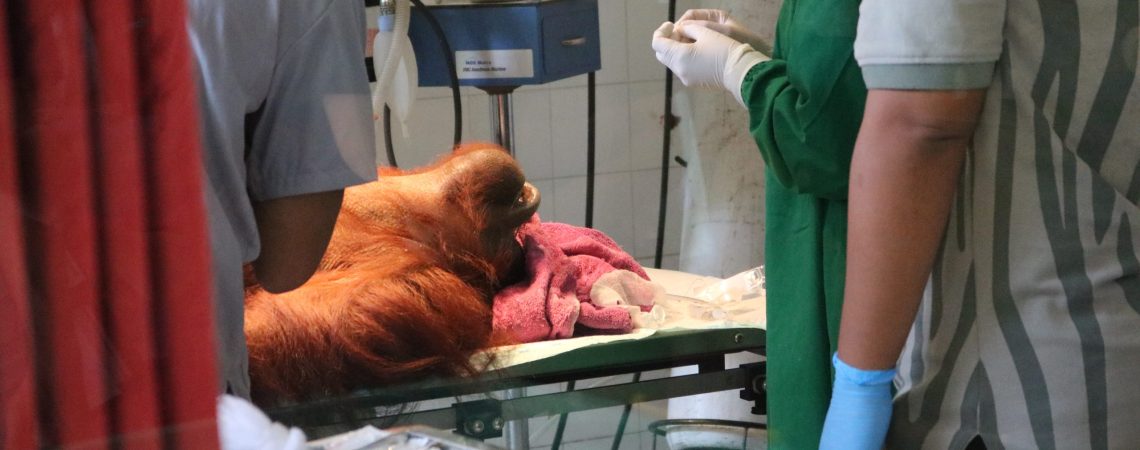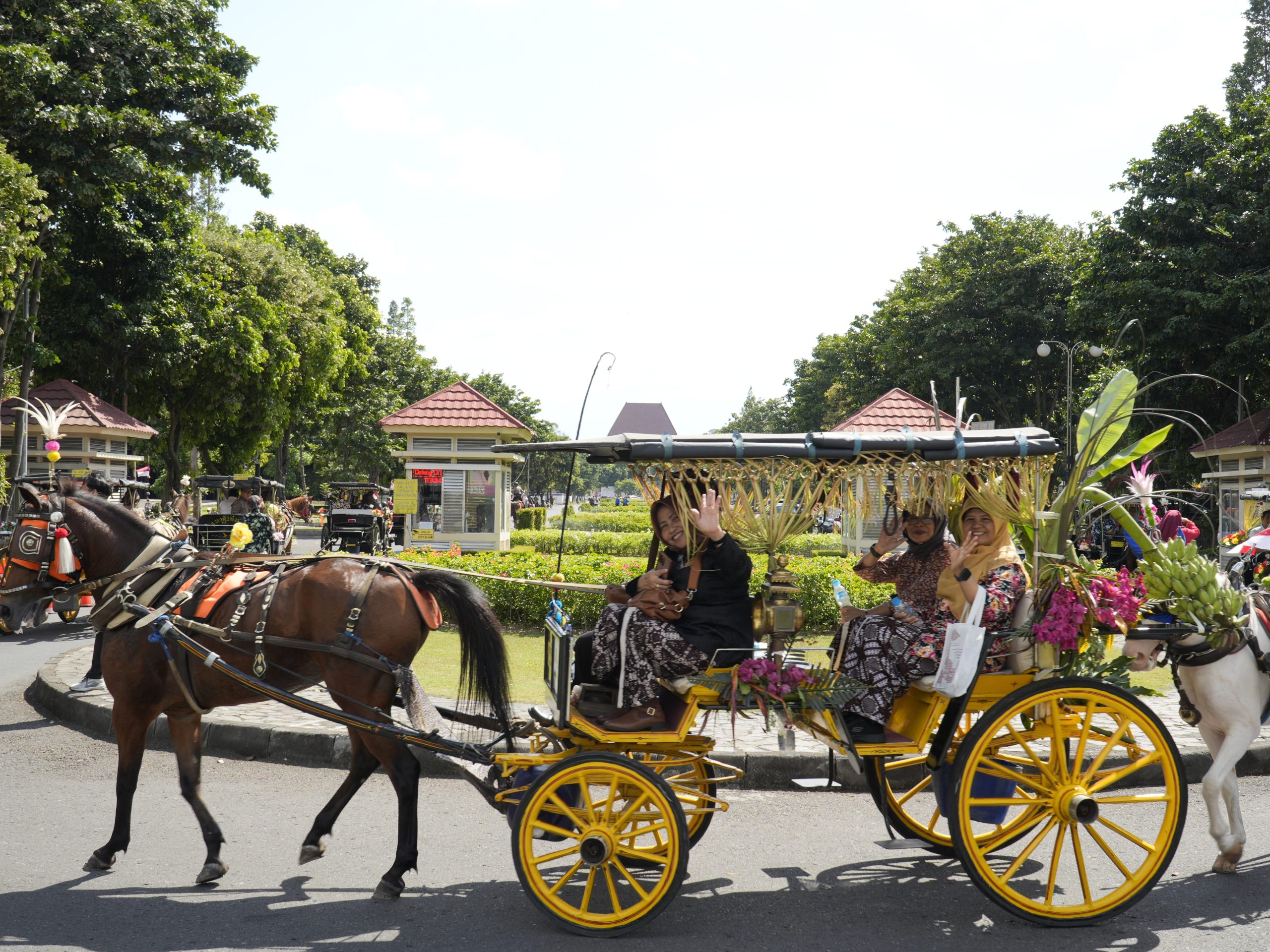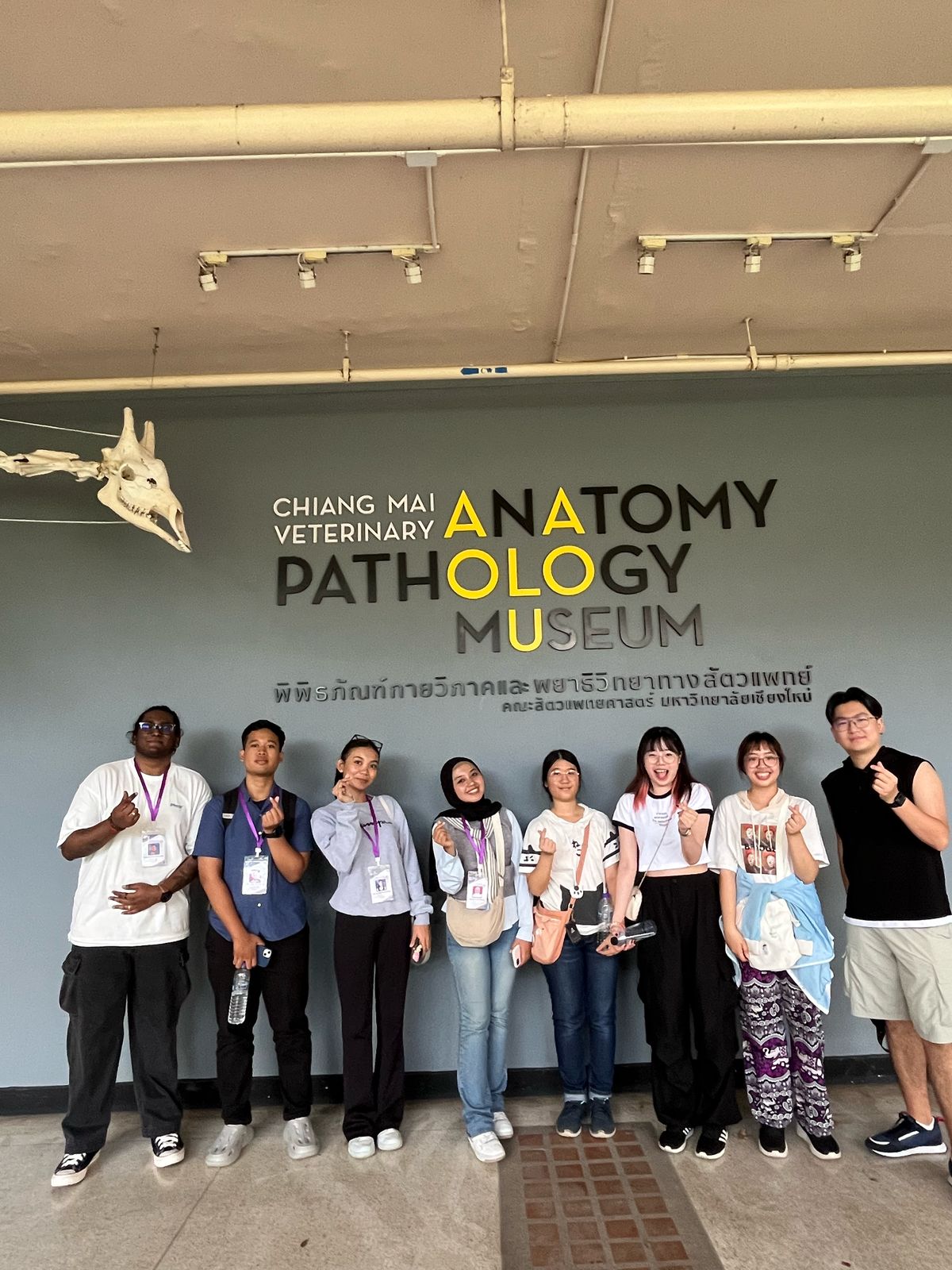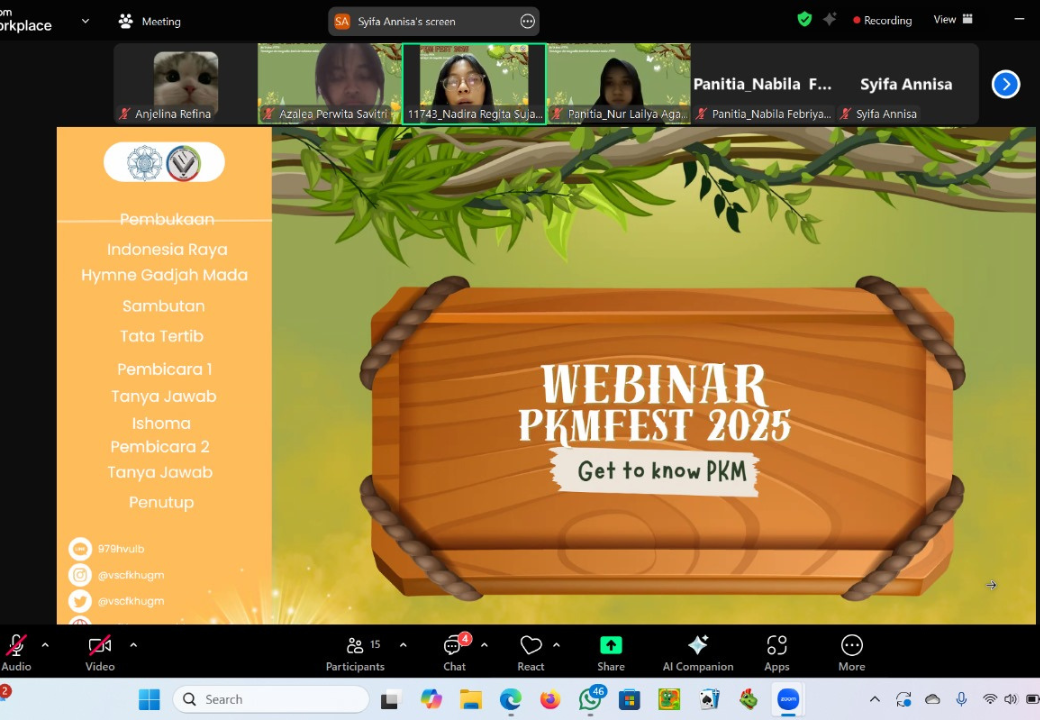Wildlife Study Group (Kelompok Studi Satwa Liar/KSSL) Faculty of Veterinary Medicine (FVM) UGM has implemented the Primate Basic Medicine 2025 activity. The theme raised in this seminar and workshop activity is Primates Guardian: Preserving Primates Through Veterinary Approach. The purpose of implementing Primate Basic Medicine is to gain new insights, learn about medical examinations on primates, and prevent the spread of zoonosis in Bornean Orangutan or Pongo pygmaeus.
Pongo pygmaesus was chosen because this species is one of Indonesia’s endemic primates that is currently Critically Endangered according to the IUCN Red List. Its population continues to decline due to deforestation, illegal hunting, and conflict with humans. The orangutan population continues to decline sharply, especially due to massive deforestation for palm oil plantations and forest fires that destroy their habitat. There are also many cases of orangutans being injured or dying because they are considered pests by residents, or because they are hunted and kept illegally.
One heartbreaking case occurred in 2018, when an orangutan was found dead floating in the Barito River, Central Kalimantan, with 40 bullets in its body. In another case, many baby orangutans were confiscated from illegal trade, where the mother had to be killed first to get her child.
Orangutans are “forest engineers” who maintain the balance of the ecosystem. They spread seeds and help regenerate the forest. Losing them means losing the guardians of the tropical forest who also support human life. Discussing and raising this issue is the first step to build our empathy and awareness as future veterinarians for a more sustainable future.
This activity was held on Saturday, May 17 2025, at Gembira Loka Zoo. The event began with a seminar by Adwitiya Irene Kumaralalita, DVM. She explained about general knowledge of Pongo sp., zoonotic diseases, and medical examinations on Pongo pygmaeus at Gembira Loka Zoo. The activity began with a presentation. After that, the partiicpants were divided into three groups: medical check-up, laboratory, and blowgun workshop. The medical examination was conducted on Pongo pygmaeus at Gembira Loka Zoo, named Pretty. The medical examinations carried out were in the form of blood sampling, general check-up, USG, X-ray, and dentistry.
The seminar and workshop activities that have been carried out can increase understanding and awareness of the health and existence of wildlife, especially Pongo pygmaeus. It can strengthens the sense of concern for the health and sustainability of primate populations in nature, adds knowledge about Pongo pygmaeus both in terms of general health and conservation, and provides participants with experience in conducting direct medical examinations of Pongo pygmaeus.
Thus, this activity contributes to the achievement of the Sustainable Development Goals in point 4 regarding quality education, point 15 regarding Life on Land, and point 13 Climate Action. In addition, this activity also strengthens the relationship among KSSL members and with the instituion’s parther such as Gembira Loka Zoo, contributing in point 17 Parthership for the Goals.
Salam lestari!
Author: Putri Alisha Salsabila
Photo Credit: Aisha





